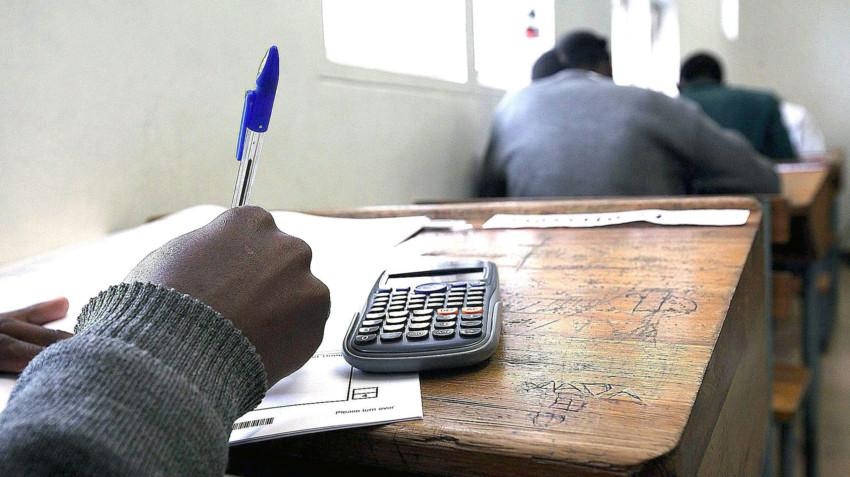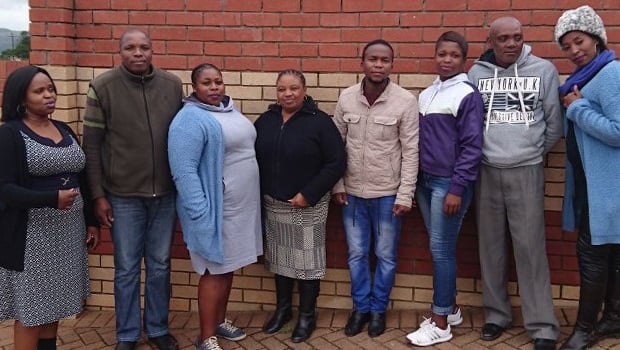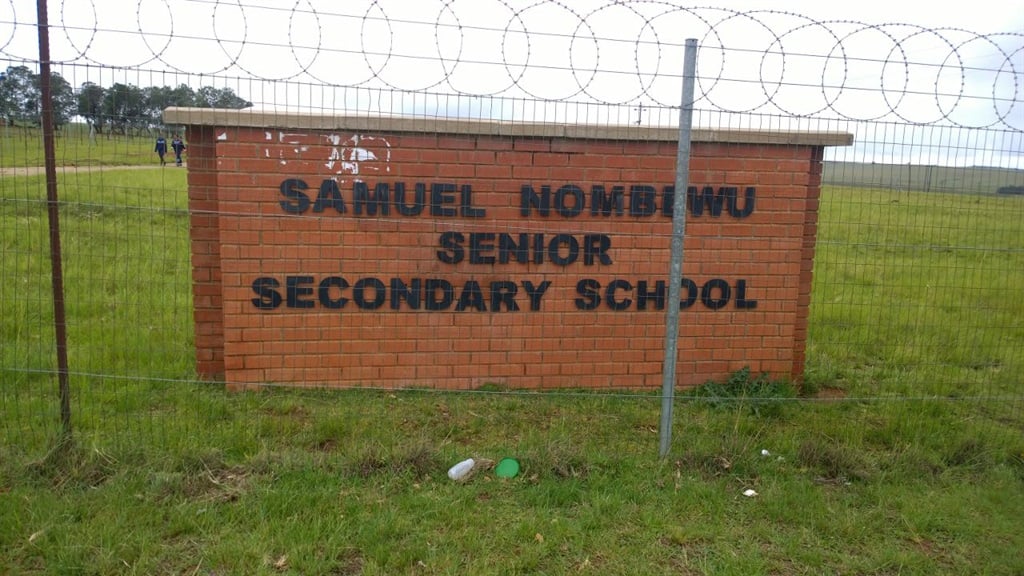
School principal Pumla Madasa travels 50km just to get to work, ensuring that her classes are taught and that the pupils are getting the attention and guidance that they need.
This unrivalled commitment coupled with community support and pupil enthusiasm has resulted in a 100% pass rate for Samuel Nombewu Secondary School in the Eastern Cape in 2016, compared with 20% in 2014.
The school was rated as one of South Africa’s most improved schools with 30 candidates or more, despite facing challenges such as a lack of resources and minimal infrastructure.
So how did Madasa do it?
“When I started at the school, I took guidance from the previous principal, who mentored me so that I could deal with issues such as teachers who were not attending school every day. I knew that I had to learn a lot and without waiting for the department of education I took it upon myself to improve the schools pass rate and the learning experience of the learners,” she told City Press.
“My school is a small school. We had 232 learner enrolments last year from Grade 8 to Grade 12,” Madasa said.
“These ... schools are success stories we can all be proud of, and that we can learn from. How did the principals of these schools manage to turn them around? Was their success due to the provincial government they fall under, or in spite of it?” asked the Democratic Alliance’s Gavin Davis.
Madasa doesn’t take all the credit.
“There are two community members who have been instrumental in ensuring that the school has been equipped with the necessities,” she said.
The businessmen, one a doctor and the other who works in the insurance sector, have both played a pivotal role by sponsoring the sports teams, donating money and even getting security guards for the school.
“One of the huge drawcards, which I think also helped to motivate the students, was that at the beginning of the year the matriculants were told that those who achieved a bachelor’s pass would get R2000 each from these businessmen,” she said.
There will be an official ceremony on February 25, and the 11 pupils who attained a bachelor pass will be presented with their money.
On the other end of the spectrum, a school located in the rural area of the Greater Sekhunene District in Limpopo had one of the biggest declines in pass rates, with a steep drop from 90.5% in 2014 to 20.9% in 2016.
The school’s principal, Jacky Ramokgola, said that he struggled to motivate the students and the community.
“We did not have an effective management system that saw everyone coming together to assist the school in its teaching. We lacked parental support and the learners were not committed to attending classes and studying,” Ramokgola said.
In June last year, “enrichment classes” were meant to be held to provide matrics with extra lessons, but there was a “minimal turnout”.
“There was basically a direct breakdown between the learners, parents and the school,” he said.
Other challenges that the school faces include infrastructural problems and not enough classrooms.
“The classes are congested which really makes teaching and learning difficult. I would also say that the degree of learner commitment and interest hasn’t remained constant from 2014 till now, so this year we are going to try new things to improve this,” Ramokgola said.
“What I would like to do is deal with the parents on an individual basis this year, so that they can also encourage their children. We are trying our level best but we need the most support from the parents to assist us,” he said.
The department of education is expected to visit the school in the next few weeks to see how they can turn things around.
“Understanding what is going wrong at these schools is key to understanding the underperformance of so many schools around the country,” Davis said.
He has called for the chairperson of the basic education portfolio committee, Nomalungelo Gina, to conduct an oversight of the schools that saw the best improvement and biggest decline in the 2016 national senior certificate examinations.
“The basic education portfolio committee has already undertaken an oversight visit to Port Elizabeth for the opening of schools, and we will be spending a few days in schools in an underperforming district in the coming weeks,” he said.
The DA would like the oversight committee to attain a clear picture about the state of schooling in the country, based on these improvements and declines, to ensure that a “much clearer snapshot of the state of basic education in our country,” is established.
| |||||||||||||
| |||||||||||||




 Publications
Publications
 Partners
Partners










